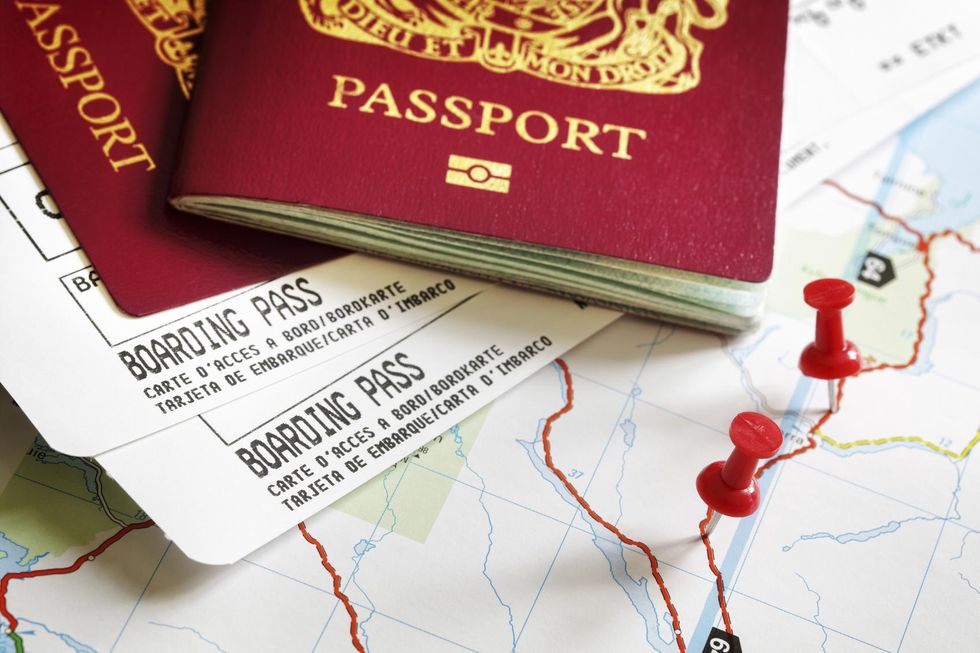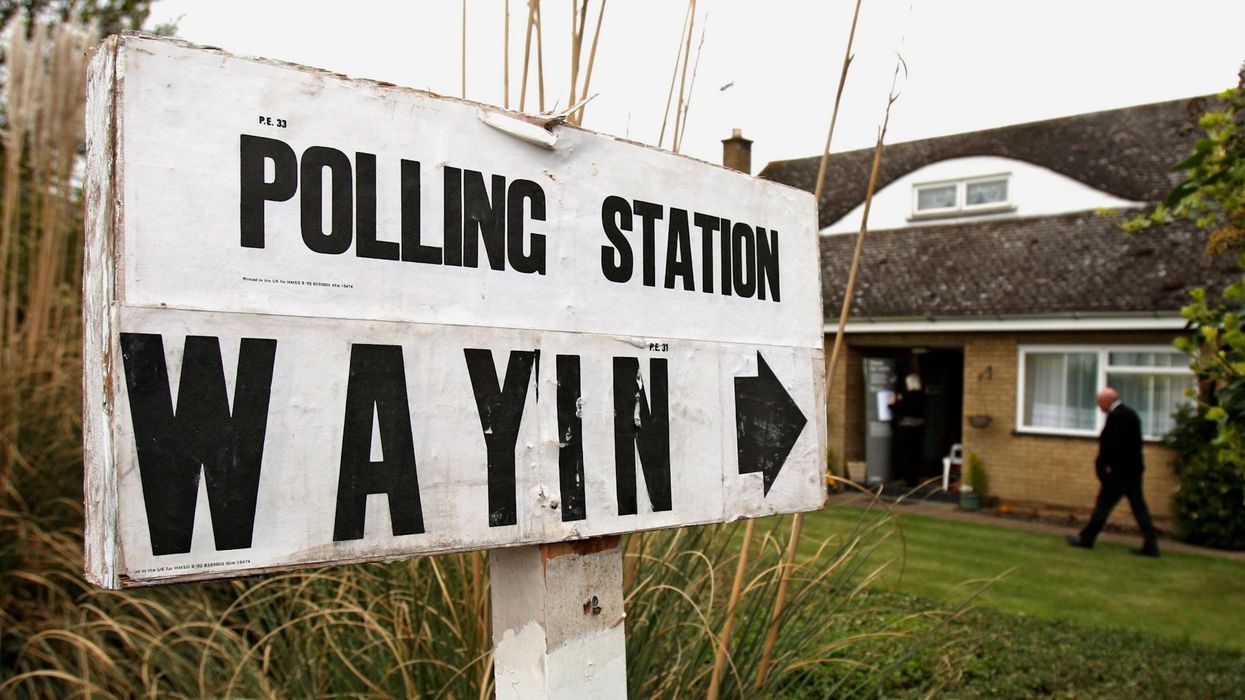New laws mean that photo identification is needed for upcoming by-elections, local elections and general elections in the UK.
That means local elections taking place on 4 May, when more than 8,000 seats will be contested at 230 councils across England, will be the first affected by the change.
Are you prepared?
Here is everything you need to know about the new system.
Sign up to our new free Indy100 weekly newsletter
What are the new rules and why have they been put in place?
Under the Elections Act 2022, passed last April, voters will now have to show photo ID at polling stations. The government said this measure is to avoid electoral fraud.
What ID is valid?

22 forms of ID are valid.
You can use a driving licence, including a provisional one, including a licence issued by the EU, Norway, Iceland, Liechtenstein, the Isle of Man or any of the Channel Islands.
A UK, EU, Norwegian, Icelandic, Liechtensteiner, Manx or Channel Island passport will be valid too.
As is a PASS card, Blue Badge, biometric residence permit, a Defence identity card, an identity card issued by the EU, Norway, Iceland or Liechtenstein, a Northern Ireland Electoral Identity Card, a Voter Authority Certificate and an Anonymous Elector's Document.
Bus passes, Oyster 60+ cards, Freedom Passes and other travel cards issued in Scotland, Wales and Northern Ireland are also valid.
Why is it controversial?
Campaign groups have raised concerns about underrepresented voters who do not have ID who may be disenfranchised by the change.
Indeed, an estimated two million adults who are eligible to vote in England, Scotland and Wales do not have recognisable photo ID, according to research carried out for the government.
Dr Jess Garland, director of policy and research at the Electoral Reform Society, said "the door has been slammed shut for many would-be voters who lack the required ID to cast a ballot in May's elections".
"Despite repeated warnings that these new rules could disenfranchise millions of legitimate voters, the government pushed ahead with this unnecessary policy," she said.
Tom Brake, from campaign group Unlock Democracy, said the figures showed the Voter Authority Certificate scheme had been "an absolute failure" and that the new voter ID requirement's were "a clear and present danger to democracy".
Meanwhile, voting fraud is quite rare in the UK. Since 2018, there have been 1,386 cases of alleged electoral fraud reported to the police, according to the Electoral Commission. These led to nine convictions and six police cautions.
But the government has said people are getting the ID they need.
Some 85,000 people have applied online for a free Voter Authority Certificate that can be used if people don't have the requisite ID.
Have your say in our news democracy. Click the upvote icon at the top of the page to help raise this article through the indy100 rankings.














